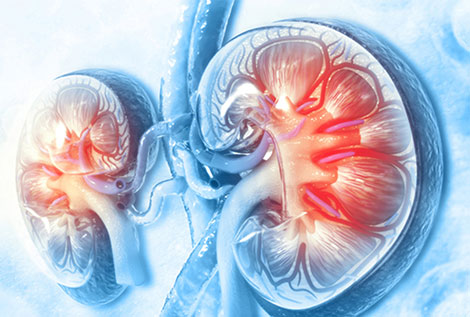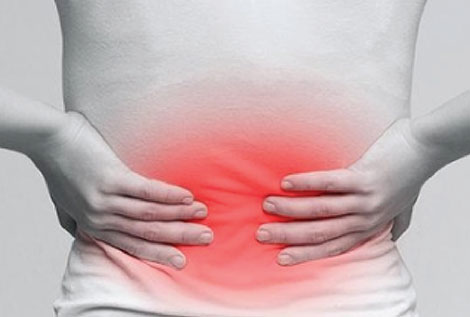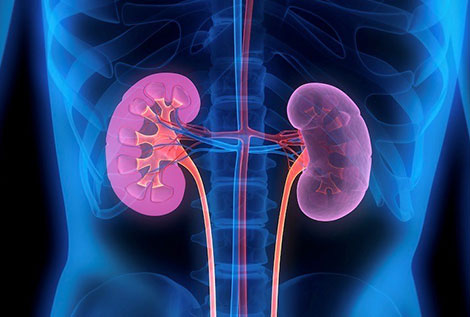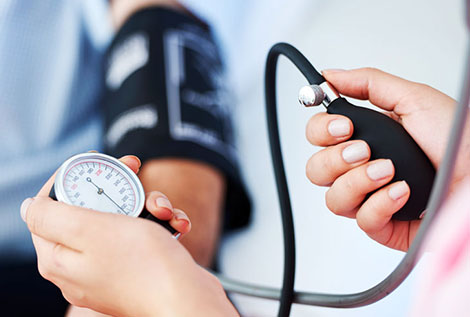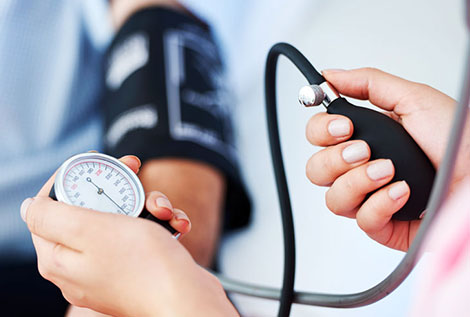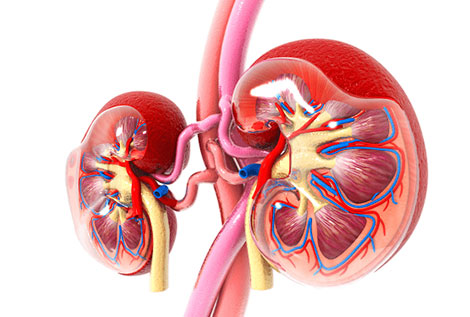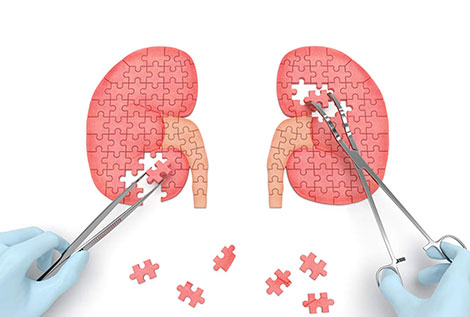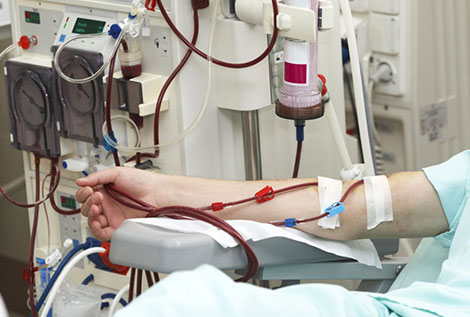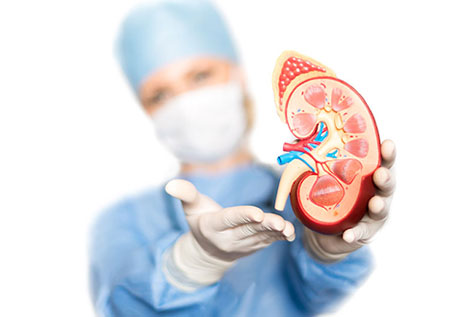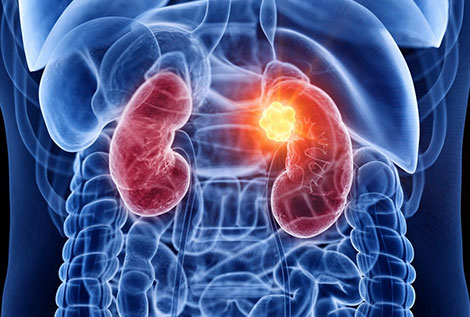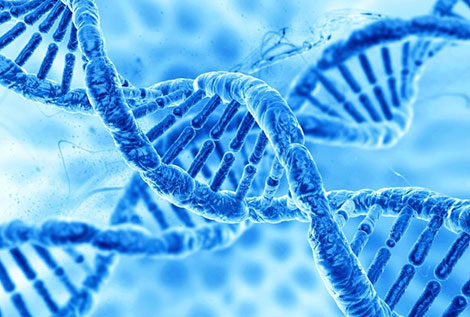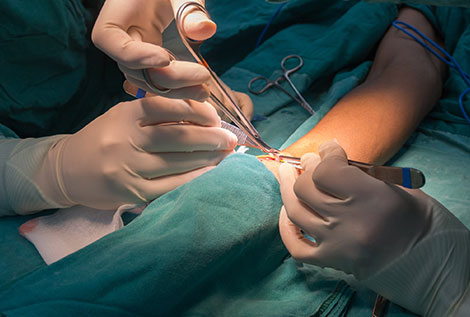services
Our quality services are
KIDNEY DISEASE CLINIC
There are multiple diseases that affect the kidneys, in different degrees of severity and progression. Some of the kidney diseases can be detected from the beginning of their development and others can be masked until they reach kidney failure.
Early diagnosis and correct monitoring of kidney diseases helps to slow down their progression and detect treatable diseases in early stages.
KIDNEY STONES
Kidney stones is a very frequent disease and a very frequent cause of abdominal pain, they can cause kidney damage that, if not treated, can lead to irreversible kidney damage.
PREVENTION AND EARLY DETENTION PROGRAM
Many factors influence the development of chronic kidney disease, medications, food, other diseases such as cardiovascular disease and inflammatory diseases.
Prevention continues to be the best treatment to prevent the development of the disease. At our centre we offer multidisciplinary advice on medications and lifestyle to reduce the chances of developing kidney disease. In addition to screening for the early detection of these diseases.
HYPERTENSION
Hypertension is an alternate name for high blood pressure. It can lead to serious complications and increase the risk of heart disease, kidney disease, stroke, and death.
HYPERTENSIVE NEPHROPATHY
Untreated high blood pressure can lead to kidney damage and in case of progression leads to end-stage kidney disease with complete loss of kidney function.
ACUTE KIDNEY INJURY
Acute kidney injury is the total or partial loss of kidney function in an abrupt manner that can last for hours or days and may even require treatment with dialysis. It is normally reversible, but if it is not treated correctly and in time, it can evolve into total renal failure.
CHRONIC KIDNEY DISEASE
It is the slow loss of kidneys function. The main job of these organs is to remove waste and excess water from the body.
Chronic kidney disease (CKD) slowly worsens during months or years. The patient may not notice any symptoms for some time.
DIALYSIS UNIT
When the situation is reached in which the kidneys are unable to eliminate toxins and accumulated waste in the body or excess water, or in cases where the patient presents severe symptoms due to loss of kidney function, we must start renal replacement therapy. One of the modalities is the Hemodialysis, and the one that consists in the artificial purification of the blood under the control of a team of doctors, nurses, and dialysis technicians.
KIDNEY TRANSPLANT CLINIC
Kidney transplant is still the best option for patients, they can even lead normal lives after transplant. In our centre we offer advice before transplant and follow-up after transplant, in addition to monitoring and adjustment of immunosuppressive medication.
ONCO NEPHROLOGY CLINIC
Not only is cancer often associated with abnormalities that affect the kidney, but cancer therapy often leads to both acute and chronic kidney diseases. The development of cancer-associated kidney complications is associated with poor prognosis, while prompt recognition and treatment initiation are associated with improved outcomes in this population.
HEREDITARY KIDNEY CLINIC
Genetic studies of kidney patients help diagnose and predict the chances of transmission of inherited kidney disease.
VASCULAR ACCESS CLINIC
In order to carry out the hemodialysis treatment, vascular access is necessary, it is the way to withdraw and return the blood to the patient in a safe and effective way.
One of the pillars of the success of renal replacement therapy is having good vascular access.
In our center we work so that the patient has the best option of vascular access both arteriovenous fistula, and both permanent and temporary catheters.
